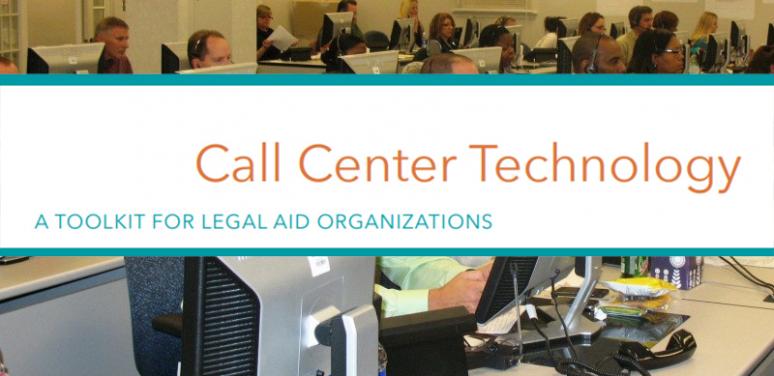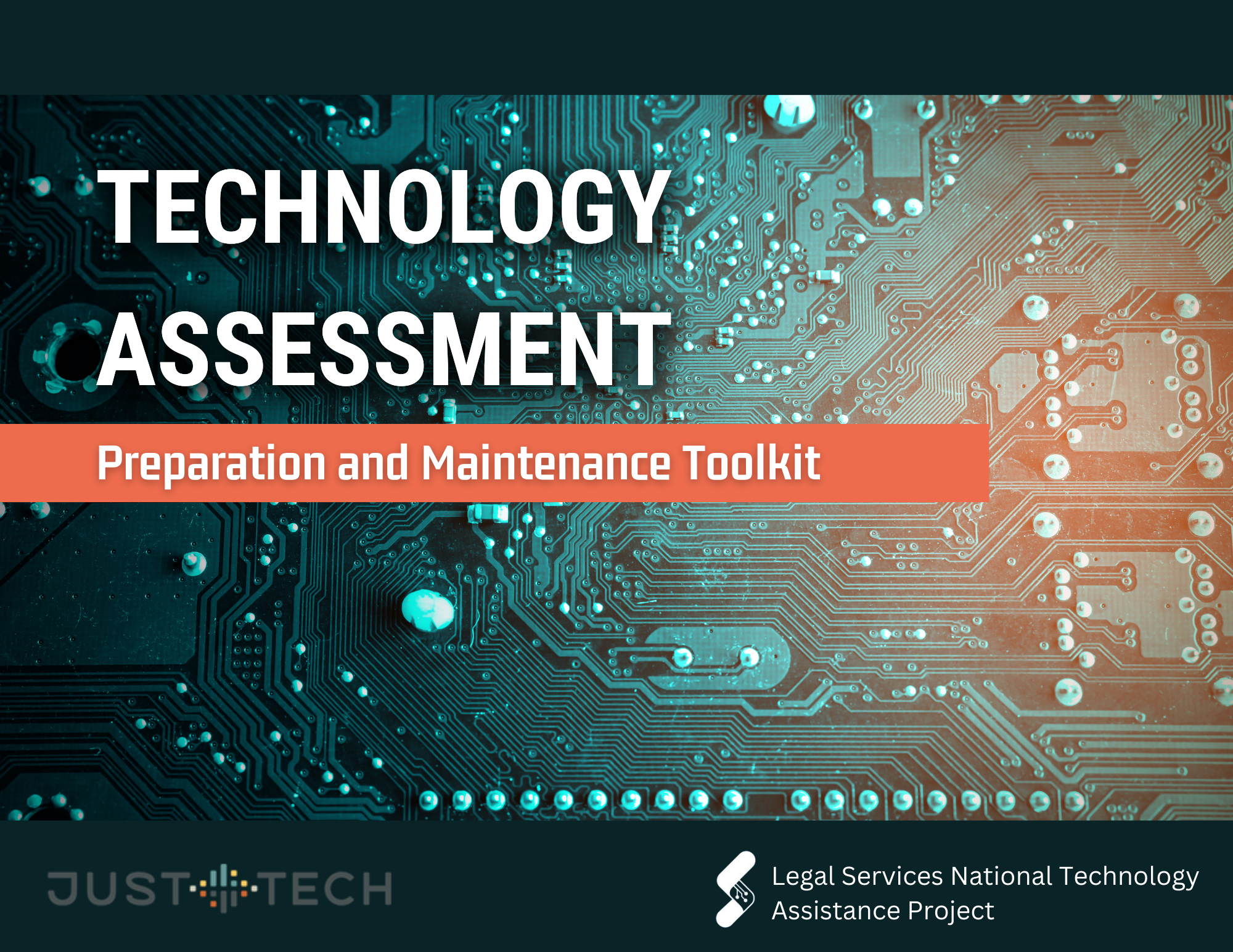Toolkits

Docassemble Guided Interview Tips for Legal Aiders
The guide is a practical, beginner-friendly guide that explains how to use Docassemble and the Document Assembly Line to...

MAM and MDM Deployment Manual
This practical manual explains Mobile Application Management (MAM) and Mobile Device Management (MDM) in plain language,...

The 2025 Data Management & Visualization Toolkit
This video toolkit focuses on the critical step of data management, ensuring the accuracy and reliability of the data you...

Website Usability Testing Guide
This guide is designed to assist you and your program to understand the basics of usability and website usability testing....

LSC Website Assessment Toolkit
The Legal Services Corporation (LSC) has partnered with Ernst & Young LLP to create a comprehensive State Website Toolkit...

Game Jam and Hackathon Guide
Game jams and hackathons are collaborative events where participants come together to create innovative solutions, such as...

Online Intake and Triage Toolkit
As technology becomes an increasingly critical part of how we work, organizational leaders are actively seeking ways to...

Call Center Technology Toolkit
Telephones—including text messaging, email, and chat—are a common means for people to seek help, and hotlines are a...
Web Accessibility Toolkit for Legal Services Websites
Legal Services Vermont (LSV) and Atlanta Legal Aid Society (ALAS) developed a web accessibility toolkit as part of their...

User-Informed Legal Design: A Practical Guide
What is UX design? When we talk about user experience—or “UX”—design, we’re talking about designing the entire...

Texting for Outcomes Toolkit
The Texting for Outcomes Toolkit was created by the Legal Aid Society of Cleveland to support programs in leveraging text...

2022 Legal Aid Security Toolkit
The legal services community has not been immune to cybersecurity incidents over the past years. Indeed, a significant...
Knowledge Management Toolkit for Legal Aid
Efficient knowledge management is crucial for the success of legal aid organizations. Our Knowledge Management Toolkit,...
Project Management for Legal Aid Toolkit
The legal aid community is constantly evolving to improve and expand its services. From document assembly libraries to case...

Technology Assessment Preparation and Maintenance Toolkit
This toolkit is designed as a resource that offers guidance and actionable insights for legal aid programs seeking an...

Collaboration Technologies: A Toolkit for Legal Aid
Introduction This toolkit provides an overview of collaboration technologies that are commonly used across legal aid...





